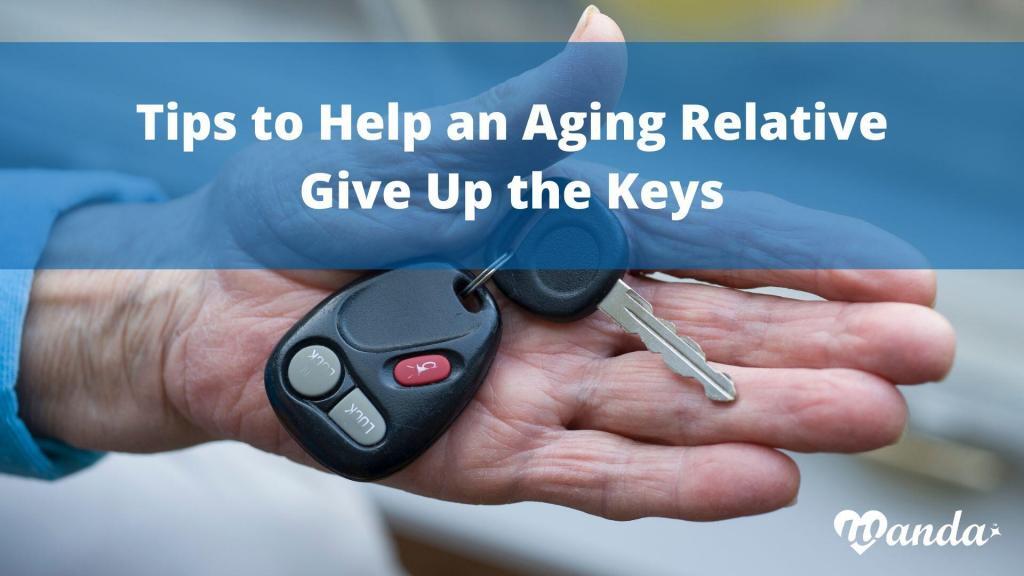When to Have the Conversation About Giving Up Driving
As our loved ones age, it becomes increasingly important to discuss the topic of giving up driving. This conversation may be tough, but it’s crucial for their safety and the safety of others. Recognizing the impact of age on driving abilities, identifying signs of unsafe driving, and understanding the risks of ignoring this issue are critical.
Physical changes such as reduced vision, slower reflexes, and decreased flexibility can affect driving safety. Cognitive changes, like memory loss and slower decision-making, also impact driving abilities. It’s essential to approach these changes with empathy when talking to elderly relatives about giving up driving.
Avoiding this conversation can lead to serious risks, from minor accidents to life-threatening situations. It’s crucial to reassure your loved ones that giving up driving doesn’t mean losing independence. There are alternative transportation options–like Wanda–that can ensure their safety while maintaining mobility.
Determining the Right Time to Talk about Giving Up Driving
How to Talk to Elderly Relatives About Driving Retirement
When you’re talking to elderly relatives about giving up driving, it’s important to approach the conversation with empathy and sensitivity. We must acknowledge that for many elderly individuals, driving represents freedom and independence. Choose a comfortable and private setting for the discussion and avoid stressful or rushed situations, which could lead to defensiveness.
Effective communication strategies include active listening, validation of feelings, and clear language. Allow your loved one to express their thoughts and fears. Encourage them to share their experiences and difficulties associated with driving.
Offering alternative transportation options can ease the transition. Look into aging-in-place platforms like Wanda local public transportation services, or community organizations that provide transportation services for seniors. Highlight the benefits of these alternatives, such as increased social interaction and reduced costs.
Reassure your loved one that they’re not alone. Share success stories of others who have transitioned from driving to alternative transportation. Commit to finding practical solutions together.
Exploring Alternatives to Driving
Talking to aging relatives about giving up driving naturally leads to exploring transportation alternatives that ensure their safety and independence. Senior transportation services cater to the unique needs of older adults. For example, Wanda offers senior-focused rides for every need. We can provide curb-to-curb, door-to-door, or door-through-door transportation, and also have vehicles equipped to accommodate wheelchairs and other mobility devices, enabling your aging loved one to maintain mobility and enjoy their daily activities.
Additionally, local organizations often offer programs tailored to seniors, providing information on transportation options, discounted fares, or volunteer drivers. Community resources are invaluable in finding alternative transportation solutions, which can promote social engagement, reduce the stress of driving, and enhance overall wellbeing.
Navigating Resistance and Finding Solutions
Resistance is common when discussing driving retirement with an aging parent. Understanding the reasons behind this resistance can help address concerns and fears with empathy.
One common fear is the loss of independence associated with giving up driving. Assure your loved ones that rideshare services, public transportation, or assistance from family and friends can provide mobility. Emphasize that giving up driving doesn’t mean giving up their social life.
Professional advice can also be beneficial. Geriatric care managers, driving rehabilitation specialists, or healthcare professionals experienced with older adults can provide valuable guidance, assess driving abilities objectively, and suggest suitable transportation alternatives.
Approaching the conversation with empathy, understanding, and practical solutions like Wanda can help overcome resistance and ensure the safety and wellbeing of your loved ones.
